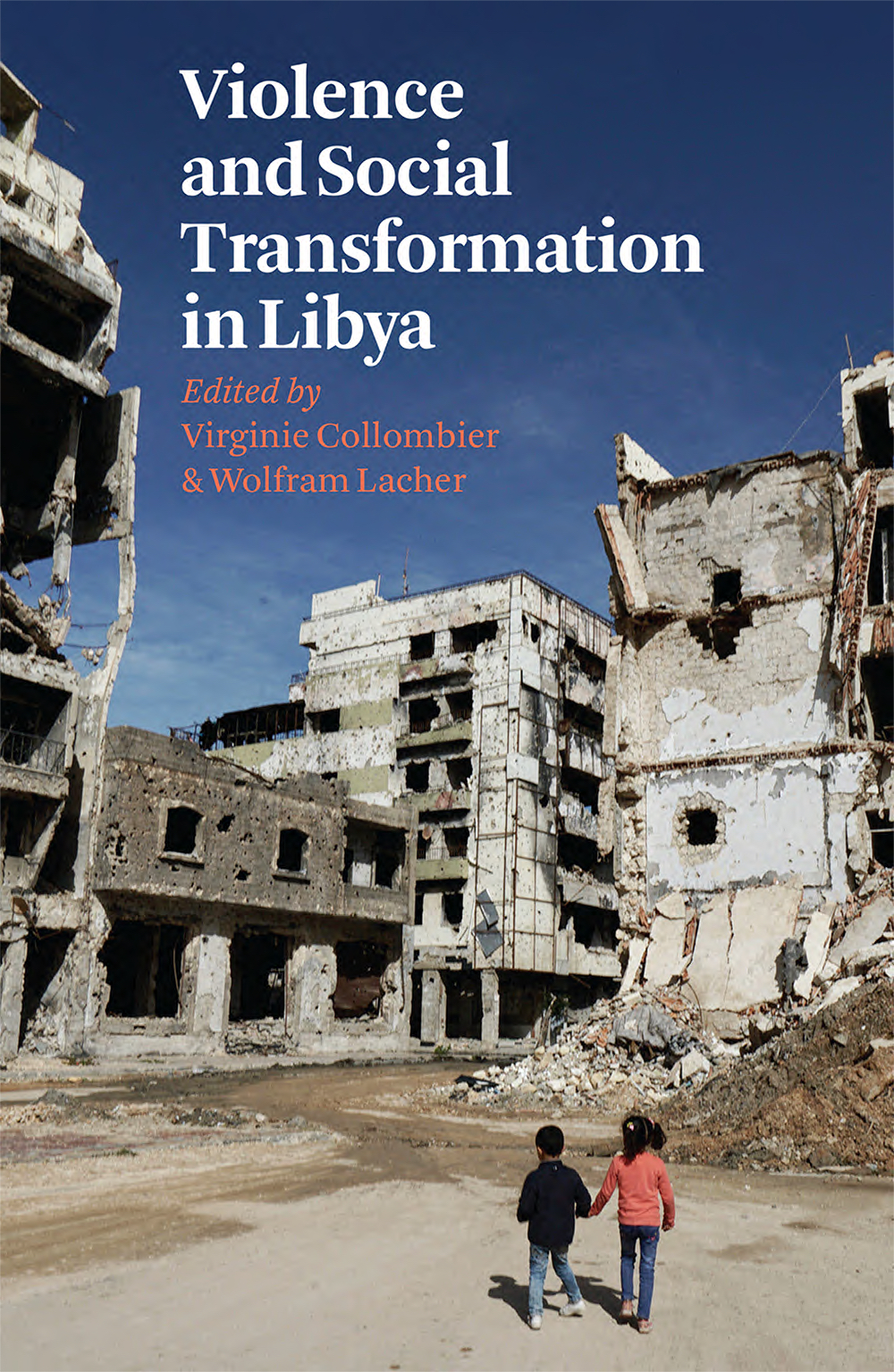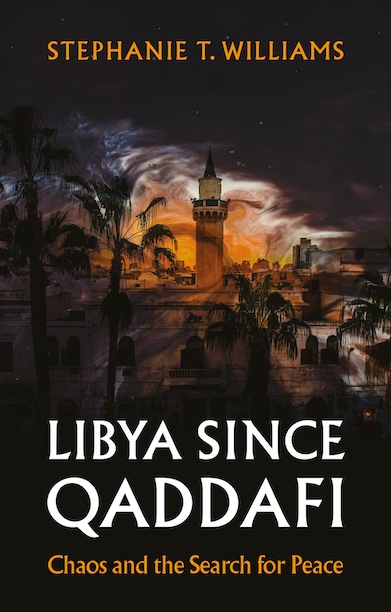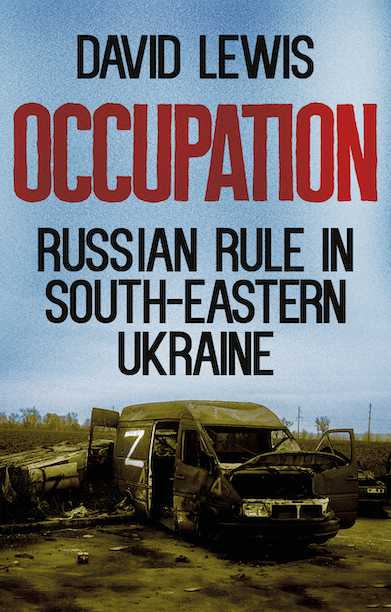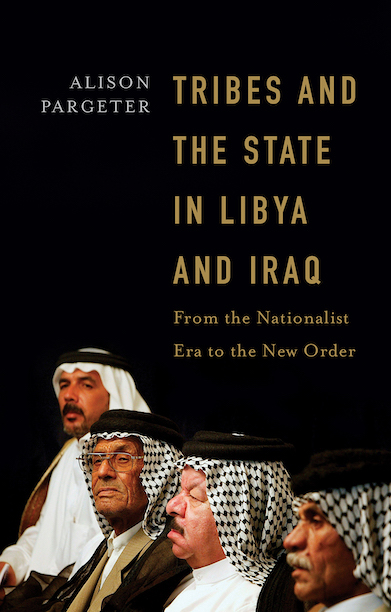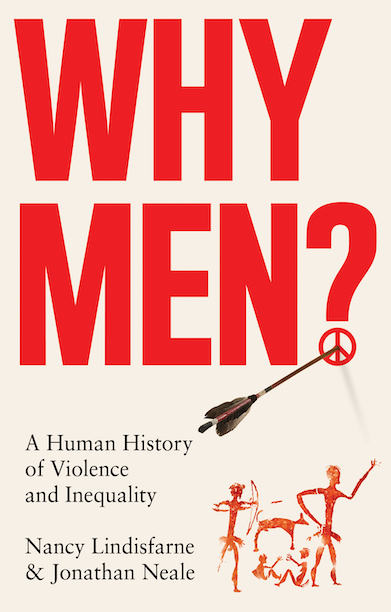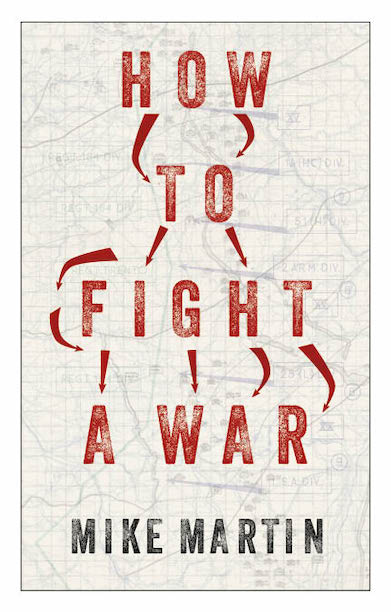Violence and Social Transformation in Libya
The definitive interdisciplinary volume on Libyan society’s transformations over a decade of conflict and insecurity.
Description
Ten years after Libya descended into conflict, the contours of a new society are emerging. How has violence remade the country—what has happened to inter-community and inter-personal relations, to social hierarchies and elite composition? Which new groups, networks and identities have formed through conflict, and how has this transformed power structures, modes of capital accumulation and governance at the local and national levels? How has the violence contributed to create new communities, both inside the country and in exile?
This volume brings together leading researchers, both foreign and Libyan, to examine the deep changes undergone by Libya’s society amid civil war. These transformations are bound to shape the country for decades to come, and will influence its relations with the outside world. By addressing neglected yet crucial aspects of social change amid violence, the contributors substantially broaden the picture of Libyan society beyond the current confines of scholarship, as well as enriching wider debates in Conflict Studies.
Reviews
‘I recommend this fierce expose of how Libyan society and politics has been left fractured by ten years of violence.’ — Patrick Wintour, Diplomatic Editor, The Guardian
‘A timely book featuring contributions from experts both foreign and Libyan that does much to untangle and explain the many strands at play in the Libya theatre and how they interact and engage with each other.’ — Arab Digest
‘A tour de force of detailed research on Libya’s regions.’ — Bustan: The Middle East Book Review
‘A valuable and informative book.’ — Journal of Central and Eastern European African Studies
‘An outstanding set of contributors detail the complexities of the social, military and financial conflicts that have wracked Libya for the past decade, negating simplistic narratives prevalent among the international community. Essential reading for those who have not yet understood the costs and consequences of foreign backing for malign actors in Libya’s tragedy.’ — Ian Martin, former Special Representative and Head of the United Nations Support Mission in Libya, and author of All Necessary Measures? The United Nations and International Intervention in Libya
‘A brilliant study of the societal impact of Libya’s enduring conflict. A must-read for anybody interested in understanding how wars can lacerate a country’s identity and its social fabric, leaving lasting scars that have yet to heal.’ — Claudia Gazzini, Senior Analyst for Libya, International Crisis Group
‘An excellent review of how the turbulence and fragmentation of the last decade has upended Libyan society. Shedding light on topics normally not well covered, the chapters on the violent transformation of the cities of Sabha and Benghazi are particularly insightful and compelling.’ — Stephanie Williams, former UN Special Adviser on Libya
‘This up-to-date and in-depth account is a must-read for anybody who wants to look beyond day-to-day power struggles to understand the underlying social, political and generational dynamics that animate them.’ — Judith Scheele, Director of Studies, EHESS, and co-author of The Value of Disorder: Autonomy, Prosperity, and Plunder in the Chadian Sahara
‘An exceptionally deeply researched, pathbreaking collection which examines at a granular level the profound and understudied ways in which endemic violence has reshaped politics and society in Libya since 2011.’ — Marc Lynch, Professor of Political Science and International Affairs, and Director of the Project on Middle East Political Science, George Washington University
Editor(s)
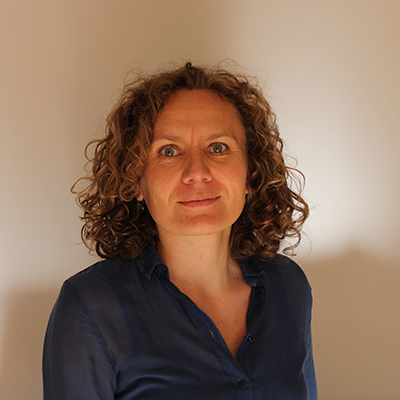
Virginie Collombier is Professor of Practice at Luiss Guido Carli University in Rome. She has led several projects combining research and mediation in Libya.

Wolfram Lacher is a senior associate at Berlin's German Institute for International and Security Affairs (SWP), and the author of Libya's Fragmentation.
